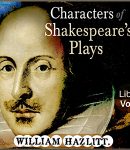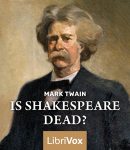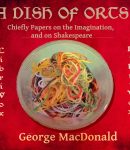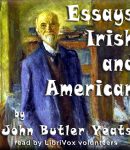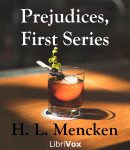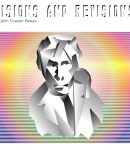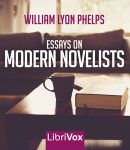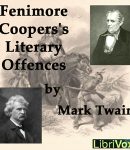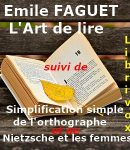
L’Art de Lire
Un ouvrage passionnant sur la Littérature, comment lire et aborder différents textes, romans, philosophiques, poétiques, pièces de théâtre, auteurs connus, plus complexes, etc… Une belle approche du “comment lire”, un art qui est aussi une passion pour tous les amoureux de la langue. Une réflexion littéraire très enrichissante. En Additif, un article très intéressant, sur l’orthographe, … vaste débat…, et traité avec vivacité, érudition et grand talent par Émile Faguet. Et, pour clore, un second et dernier additif : un aspect intéressant avec le Portrait littéraire, Nietzsche et les femmes. – Summary by Christiane Jehanne [chương_files]

